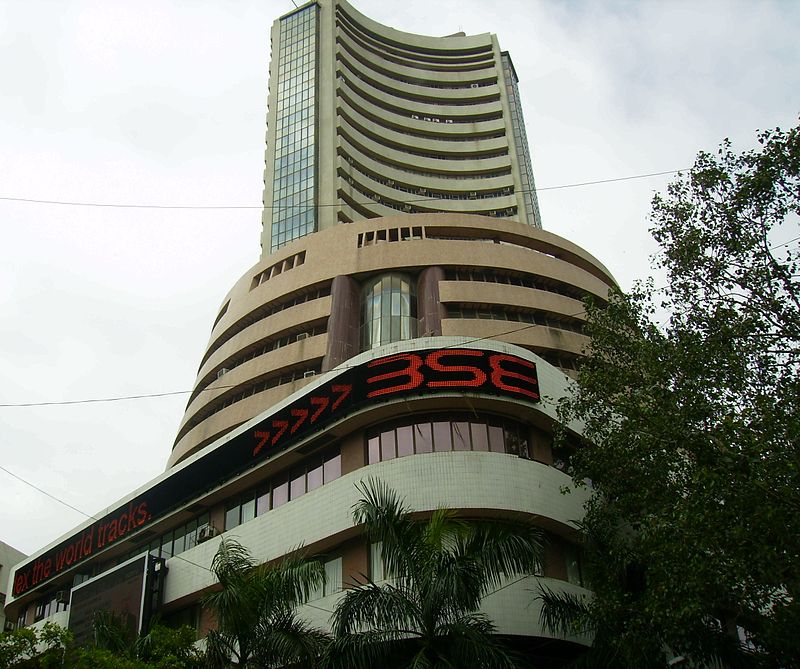New Delhi– Heavy selling pressure in banking, auto and pharma sectors pulled India’s benchmark equity indices lower for the fourth consecutive session on Friday.
Besides, subdued global cues as well as absence of any major positive trigger dented the indices.
Globally, Asian stocks pulled back from all-time peaks as higher longer-dated bond yields along with disappointing US jobs and economic data dented investor confidence.
However, Euro zone shares rose on Friday as a flash data showed a jump in factory activity during February.
Consequently, the S&P BSE Sensex closed at 50,889.76, lower by 434.93 points, or 0.85 per cent, from its previous close of 52,104.17 points.
The Nifty50 on the National Stock Exchange closed at 14,981.75, lower by 137.20 points, or 0.91 per cent.
“Nifty has corrected for four straight days after a sharp consistent rise seen over the past few weeks. The oscillators or indicators have now eased out of the overbought region,” Deepak Jasani, Head of Retail Research at HDFC Securities, said.
“A move above 15,030-15,060 early next week could take the Nifty 15,240 over the next few days. On falls, 14,753-14,900 could act as a good support in the near term.”
Siddhartha Khemka, Head – Retail Research, Motilal Oswal Financial Services, said: “Going ahead, the market may continue with its consolidation for some time till the concerns over rising bond yields and inflation recedes. Even spike in virus cases are worrying the market.”
“The market would track rising inflation, increasing covid cases along with prospective US stimulus in the near term for further direction.”
Vinod Nair, Head of Research at Geojit Financial Services, said: “Consolidation continued as increasing volatility & weak global cues influenced investors to stand on the sidelines, leading the market to close below 15K level.”
“PSU banks and mid-cap stocks which outperformed the market during the week attracted selling pressure today. Sentiments across the globe were also wounded by increasing bond yield, higher commodity price and the disappointing US data.” (IANS)







